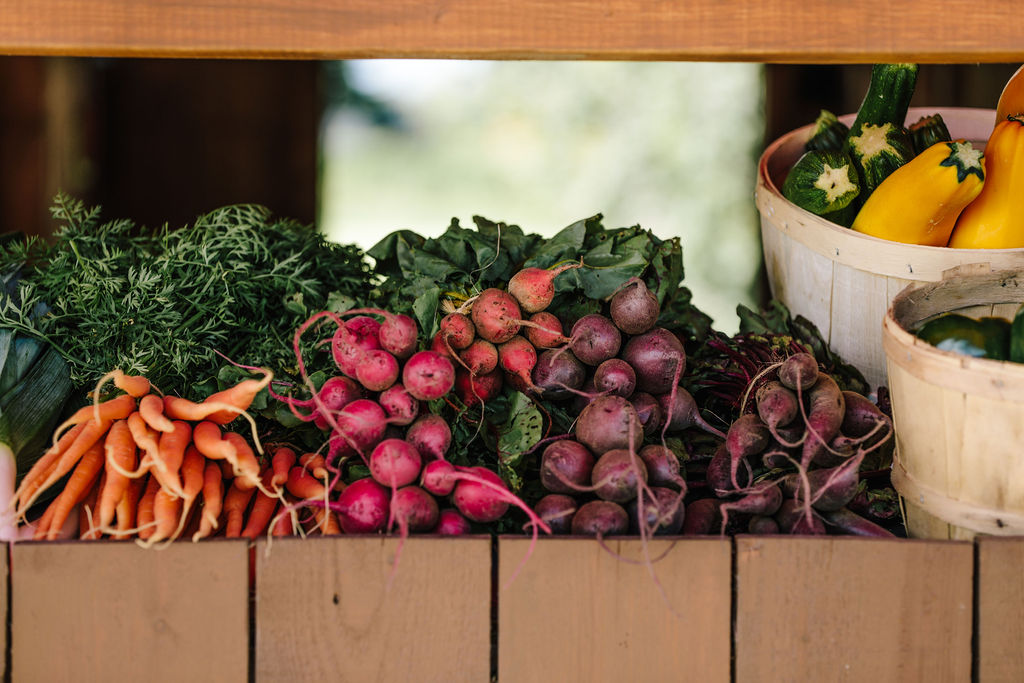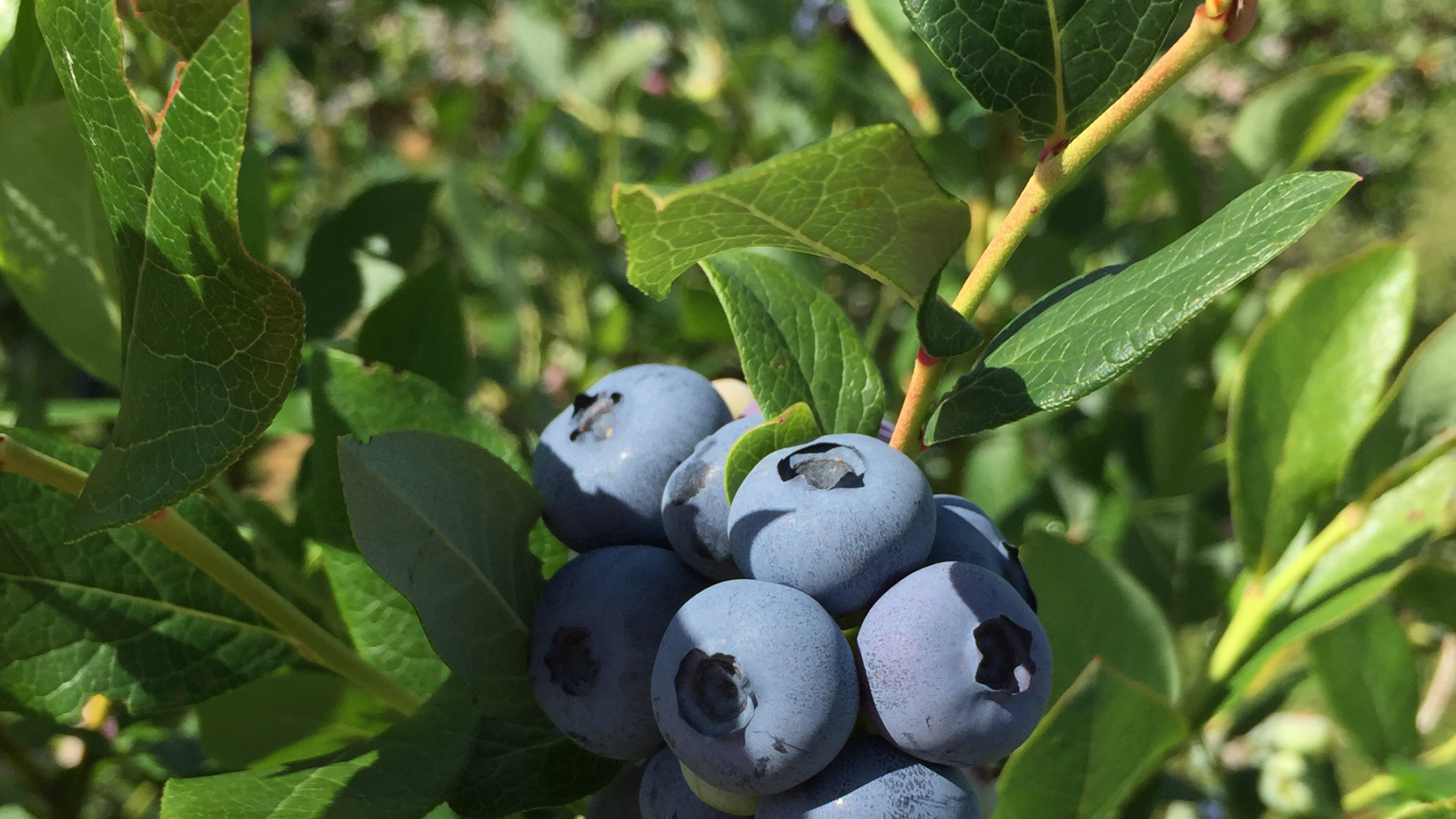Description
Organic farming is a method of production that protects the health of soils and ecosystems in a sustainable manner. It is based on ecological processes, biodiversity, and cycles that are adapted to local conditions rather than on the use of synthetic inputs.
In Québec, organic farming is subject to stringent rules and standards, chief among which are:
- the use of genetically modified organisms (GMOs), cloned animals and sewage sludge is prohibited
- the use of synthetic fertilizers and phytosanitary products for crops is strictly prohibited: soil improvement is to be promoted by crop rotation and the use of natural fertilizers such as compost and green manure
- the welfare of animals must be promoted by allowing them to move freely and to go outdoors when weather conditions allow
- animal feed must be made up of organic foodstuffs, excluding meat and bone meal
- the use of medication for animal care must be strictly limited, and the administration of growth hormones is prohibited
- the use of irradiation and of artificial colourants, flavours, sweeteners and preservatives, as well as certain other substances, in the production of processed foods is prohibited.
Organic farming in Québec goes back over 40 years
The French term agriculture biologique first appeared in the 1950s. The year 1972 marked the first official milestone in the history of organic farming in Québec with the creation of the Mouvement pour l’agriculture biologique (MAB). This organization brought together producers and consumers concerned with environmental and health issues. In 1979, La Ferme Sanders in Compton, in the Eastern Townships, became the first farm in Québec to be certified organic.
In the 1980s, organic farming spread to all regions of the province. By the end of the decade, the MAPAQ was expanding its network of contacts and collaborators in organic agriculture. Organic certification programs were developed by various organizations, including Demeter and the Organic Crop Improvement Association (OCIA). A growing number of farm businesses were taking an interest in the process.
Demand for organic products exploded in the 1990s. Governments around the world launched initiatives to supervise organic production. In Canada, however, it proved impossible to reach a consensus between the provinces and territories about what needed to be controlled. As a result, in 1997 Québec decided to create its own control system based on the standard of the International Federation of Organic Agriculture Movements (IFOAM), with mandatory certification of products in accordance with ISO/IEC standard Guide 65: General requirements for bodies operating product certification systems. On October 17, 1997, legislative control of the term Organic was strengthened in Québec with the enactment of the Act Respecting Reserved Designations and recognition of the designation Organic in 1999.
On February 1, 2000, by virtue of legal notice 33336 published on December 29, 1999 in the Gazette officielle du Québec, volume 131, no. 53, the MAPAQ created the first reserved designation officially recognized in Québec: the designation Organic.
In 2009, Canada enacted its Organic Products Regulations, making certification mandatory for interprovincial and international trade. Since 2012, the technical standards for organic production in force in Canada have been an integral part of requirements regarding the certification of organic products in Québec.
Key certification requirements
Any agri-food product designated Organic in Québec must comply with a provincial specifications manual and the Canadian standards. The product must also be certified by an accredited certification body.
Specifications Manual for Organic Agriculture in Québec, which governs production, processing, packaging and retail sales in Québec, is the responsibility of the Conseil des Appellations Réservées et des Termes Valorisants.
- Québec Specifications Manual
- Appendix (conversion period)
- Recognition of aquaculture in Québec (in French only)
Canadian standards for organic production in Canada (Organic production systems) are published by the Canadian General Standards Board (CGSB):
- General principles and management standards (CAN/CGSB-32.310)
- Permitted substances lists (CAN/CGSB-32.311)
- Aquaculture General Principles, Management Standards and Permitted Substance Lists (CAN / CGSB-32.312)
Accredited certification bodies
A number of certification bodies are accredited by the Conseil des Appellations Réservées et des Termes Valorisants, under international standard ISO/IEC 17065: 2012, which requires that certification bodies operate in a competent, consistent and impartial manner. This qualifies them to certify agricultural and food products as organic in Québec.
Data on certified organic products and businesses of Québec
The Conseil des Appellations Réservées et des Termes Valorisants has created an official tool to help consumers identify organic products from Québec: the Directory of Certified Organic Products and Businesses of Québec. The directory contains data supplied and regularly updated by certification bodies. It includes businesses and certified products from businesses conducting production, processing and conditioning operations in Québec, but does not list certified organic products originating outside the province.
We also use these data to compile statistics on the organic products industry in Québec, which you can consult at État du secteur biologique au Québec (Portail Bio Québec) (“State of the Organic Sector in Québec” – in French only).
For any other questions regarding the designation “organic,” see our FAQ.

